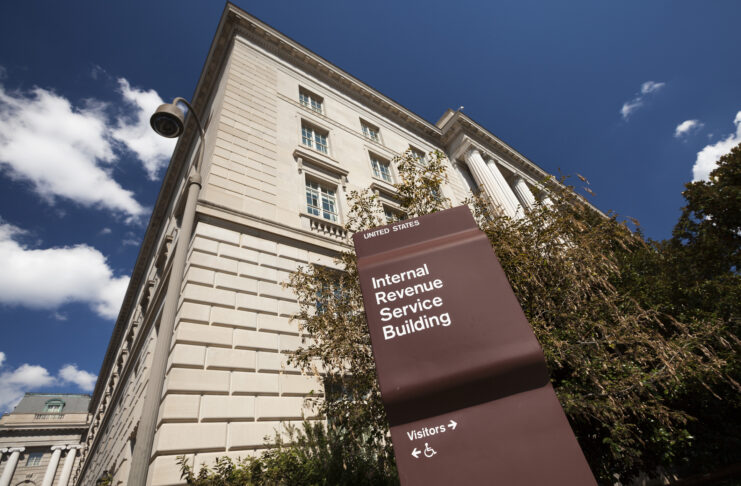The end of the federal tax season is a perfect time to assess what this annual exercise costs taxpayers. Not in the taxes paid. But in the time and money spent complying with the tax code.
Those costs are very real and very big. In testimony before the Senate Budget Committee, the Tax Foundation's William McBride noted that the tax code itself is an unwieldy monster that contains “more than 6,000 pages and about 4 million words (plus about 15,000 pages of associated tax law interpretations)…”
It's no wonder, then that complying with such a behemoth is so costly:
In 2022 (before the IRA or the CHIPS Act), Americans spent more than 6.5 billion hours trying to comply with the tax code, according to the latest estimates from the White House Office of Information and Regulatory Affairs (OIRA). Based on wage and benefit estimates for tax preparers and certified public accountants, we estimate the hourly compliance costs of the tax code equates to about $313 billion each year in lost productivity, or 1.4 percent of GDP. The compliance burden for individual taxpayers is nearly $74 billion annually, while the burden on corporate entities of complying with just their income tax returns is more than $60 billion. Much of the remaining $179 billion of costs comes from complying with hundreds of other business tax forms and regulations, such as those relating to depreciation and amortization. Compliance with income tax returns for estates and trusts costs $18 billion a year, approaching the amount of tax revenue raised by the estate tax.
Think of it this way: tax compliance costs drain as much from the economy as a mild recession.
The IRS is not exempt from the burden, and cost, of having to plow through all those forms and the rules behind them:
Pursuant to its expanded role, in FY 2021 the IRS processed some 261 million returns and forms and received some 4.7 billion pieces of information, detailing the composition and activities of nearly every American household and business. In recent years, the IRS has found itself literally buried in paperwork, resulting in processing delays, millions of returns backlogged, and poor customer service. Last year, for instance, the IRS answered only about 13 percent of the 173 million phone calls it received from taxpayers asking for help; those who got through waited an average of 29 minutes. Clearly, administrative challenges at the IRS are also problematic for taxpayers.
The IRS is getting $80 billion over the next ten years – half to help it process returns quicker and answer taxpayer questions better and half to squeeze more money out of “the rich.”
Taxpayers won't be getting any such boost. Which means the cost of compliance will continue to be a drag on economic growth, productivity, common sense and patience.
A greatly simplified tax code that emphasized revenue rather than assorted political goals, social nudges and interest group lobbying is an obvious solution. Just don't hold your breath waiting for either major party to suggest a code revamp that puts clarity, simplicity and fairness first.
The opinions expressed in this article are those of the author and do not necessarily reflect the positions of American Liberty News.
READ NEXT: Florida Republican Says He's ‘Close' To Final 2024 Decision



DC Estd behind this for Power
I think this article underestimates the costs, both real and opportunity costs. What about the additional burden of state taxes. What about the taxpayer dollars required to fund the massive IRS bureaucracy and the weaponization of that agency by unscrupulous politicians? What about taxes from other countries for businesses operating globally? We need to transition to a point of sale tax system so that people finally understand how much of their money it being gobbled up by government. Corporate taxes are just another way of taxing consumers without doing it directly. Point of sale taxes would be sufficiently progressive because rich people buy way more stuff than poor people. We could even stop pretending that non-profits are really non-profit and that foundations actually pass down most of their income to the alleged target of the foundation.
At the rate this country is going, we’ll probably be throwing another Boston Tea Party for our 250th anniversary.